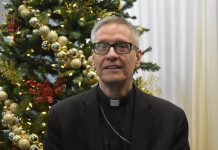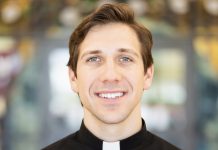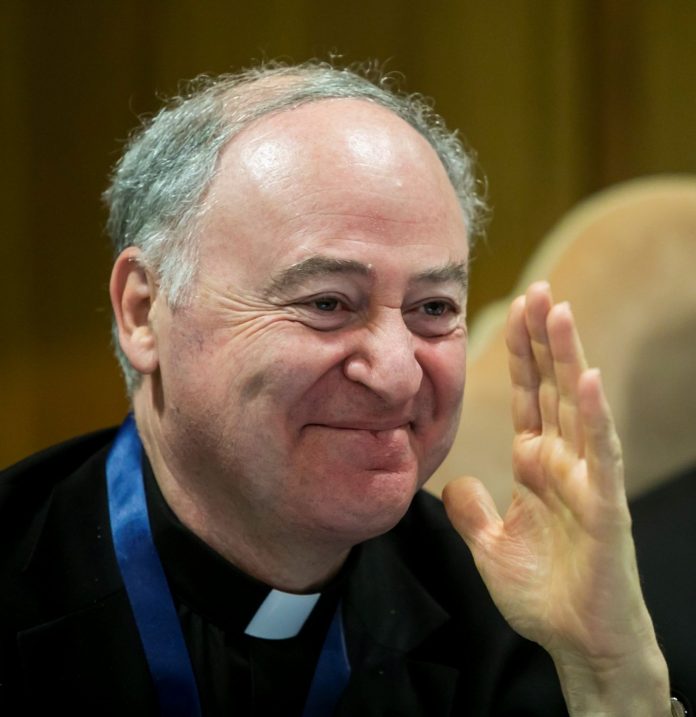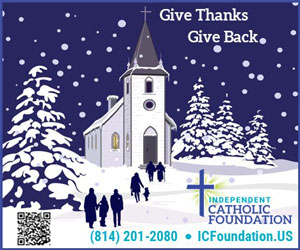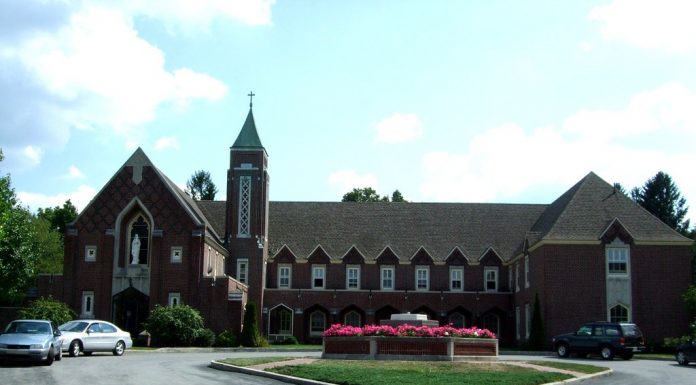Commentary by Monsignor Renzo Pegoraro
People can be confident that the approved COVID-19 vaccines are safe and ethical and that receiving the vaccine is an expression of solidarity and our responsibility to work for the common good.
The worldwide commitment of many scientists and public and private institutions, the availability of scientific knowledge in the virological and oncological fields, the relevant funding and the reduction of certain bureaucratic steps all have made it possible to have tested vaccines in a few months, vaccines that are safe and approved by the competent authorities.
Real protection
By vaccinating a large number of people now, it will be possible to offer real protection while subsequently studying the duration of immunity to define future protocols more accurately. This whole process has been the subject of ethical reflection, including by the Catholic Church, considering the entire “life cycle” of the vaccine from its production to its approval, through to its distribution and administration.
Ethical criteria for priority
The note of the COVID-19 Vatican Commission, “Vaccine for All: 20 Points for a Fairer and Healthier World,” was published Dec. 29, 2020, in collaboration with the Pontifical Academy for Life.
As the title states, it is essential and urgent that approved vaccines are made available in every part of the world, including in the poorest and most remote areas. It is also necessary to define the priorities for administering the vaccine.
There is a general agreement in many countries to start with medical staff and health care operators and nursing homes for the elderly and then proceed with other subjects engaged in essential public services (law enforcement, schools) and with more vulnerable and fragile groups of people.
It is necessary to define ethical and organizational criteria, with actions at an international and local level to facilitate this universal access to vaccines, avoiding a situation in which the richer countries create a sort of reserve of large quantities of vaccines, leaving poor countries with fewer and later vaccination possibilities. This is a commitment that fits into the perspective of the Pope Francis’ encyclical “Fratelli Tutti, on Fraternity and Social Friendship.”
What to do as a church
On a personal level, as individual believers and as Christian communities, to get vaccinated can be recognized as a moral responsibility to protect one’s health and that of others, especially those unable to do so due to the presence of other pathologies, and to help achieve a sufficient “herd immunity” to safeguard all subjects.
It should be recalled also that falling ill with COVID-19 leads to an increase in hospital admissions with the consequent overloading — and even possible collapse — of health care systems, hindering access to health facilities for other patients with often equally or more serious conditions.
There is a responsibility to practice real solidarity, in the light of that “we” on which Pope Francis strongly insists, because by vaccination we save ourselves together. The relationship between personal health and public health creates an interdependence and a deep bond that must be taken care of by all of us.
The duty to get correct information
Caring for oneself and for others is a moral commitment and, as Pope Francis said, “Everyone must take the vaccine.” On the other hand, it is also important to inquire, possibly by talking to your doctor, resolving doubts and overcoming unjustified prejudices and fears.
An atmosphere of trust in scientists and doctors and an attitude of participation and hope would help to practically express that solidarity that will help all of us to come out of the pandemic together soon.
Monsignor Renzo Pegoraro is Chancellor of the Pontifical Academy for Life.


